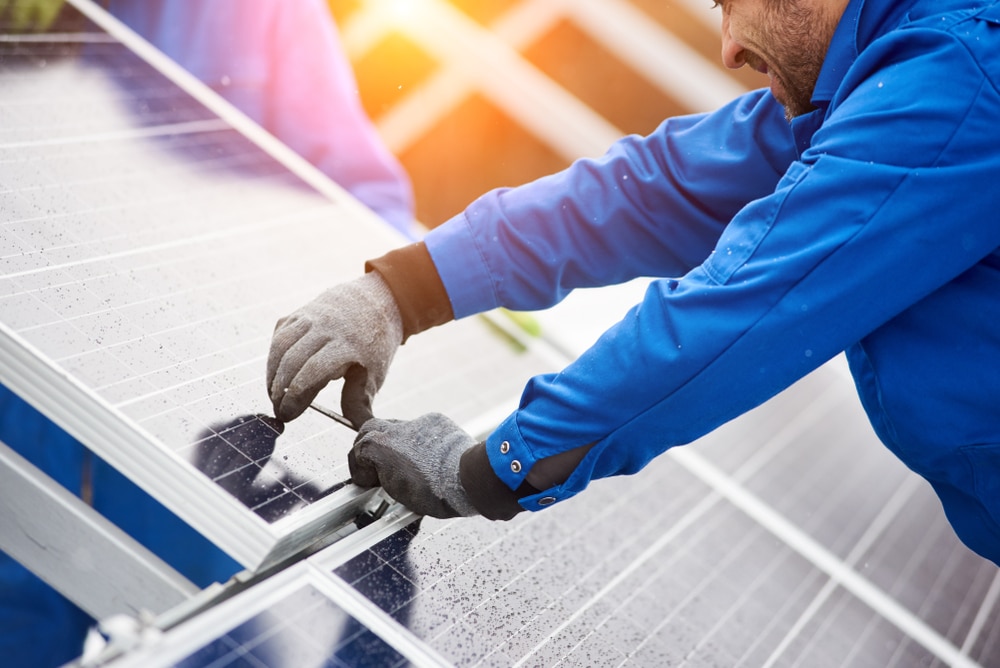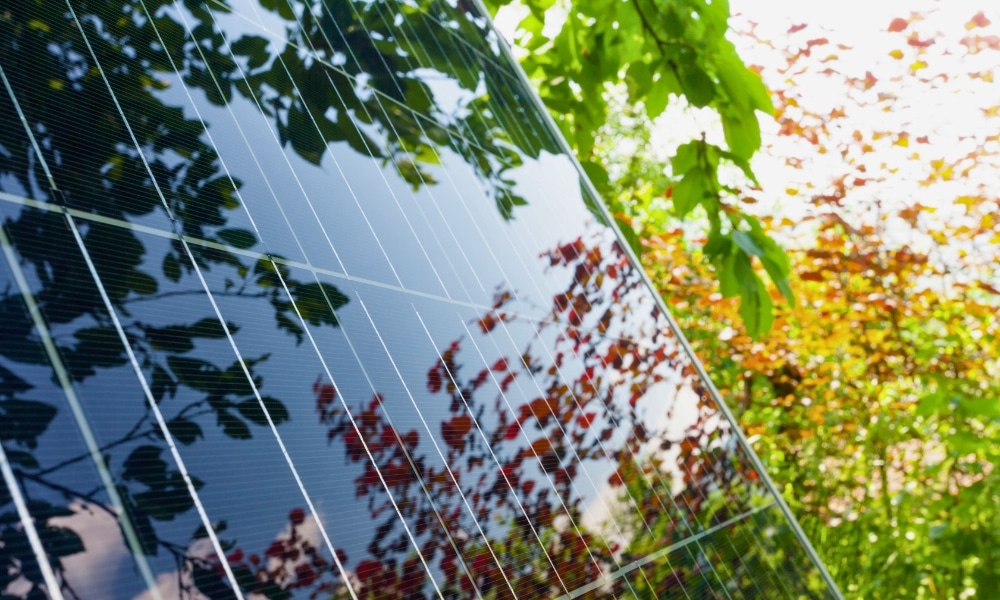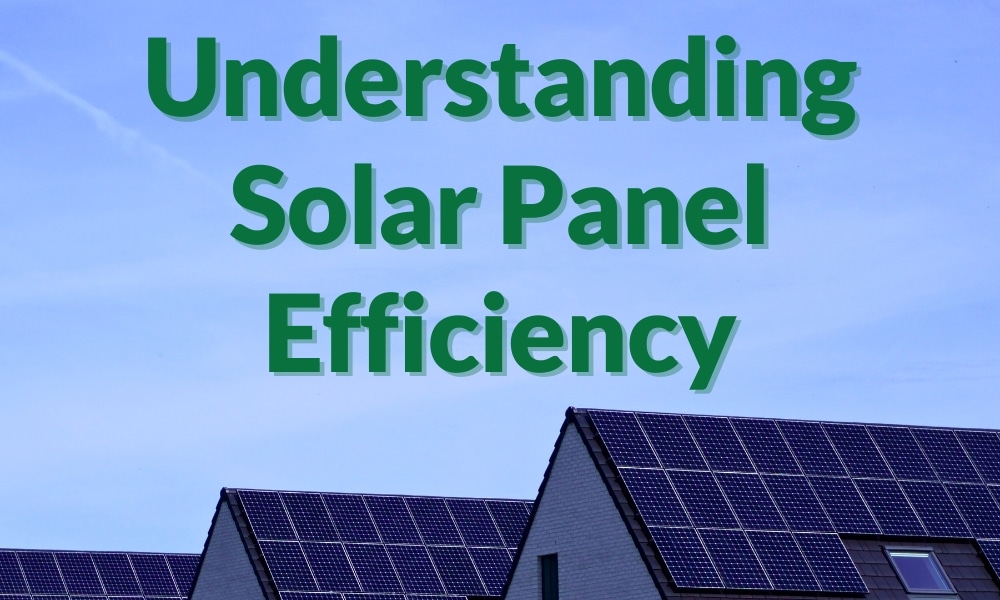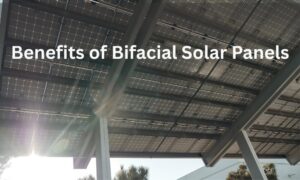Updated June 17, 2024
Solar power is a rapidly growing industry in Australia, offering a sustainable and cost-effective way to generate electricity. However, with a wide variety of solar panels available, one crucial factor often needs to be clarified: solar panel efficiency. This article deepens the understanding of solar panel efficiency, empowering Australian consumers to make informed decisions for their solar power journey.
Are you looking to save money on your electricity bills and reduce your carbon footprint? Solar energy is the perfect solution! Energy Matters can help you get up to 3 FREE solar quotes from pre-qualified and vetted solar firms in your area.
Energy Matters has been a leader in the renewable energy industry since 2005 and has helped over 40,000 Australian households in their journey to energy independence. With Energy Matters, you can be sure you’re getting the best possible deal on solar energy. We only work with reputable solar firms with a proven track record of delivering high-quality solar systems.
What is solar panel efficiency?
Solar panel efficiency refers to the percentage of sunlight a panel can convert into usable electricity. It reflects how effectively a panel captures the sun’s energy and transforms it into power for your home. Panels with higher efficiency ratings are generally more desirable, generating more electricity per unit of surface area.
How is solar panel efficiency measured?
Solar panel efficiency is measured under controlled laboratory conditions, typically at a standard temperature and light intensity. The resulting value, expressed as a percentage, represents the ideal scenario. Real-world factors like weather conditions and panel temperature affect actual efficiency.
Typical range of solar panel efficiency?
The efficiency of commercially available solar panels in Australia generally falls within 15% to 23%. Let’s explore the different types of solar panels and their typical efficiency ranges:
Monocrystalline silicon
These are the most efficient solar panels, boasting 19% and 23% efficiency ratings. They are constructed from a single, pure silicon crystal, producing a highly organised structure for efficient energy conversion. However, they are also the most expensive option.
Polycrystalline silicon
These panels are slightly less efficient than monocrystalline panels, ranging from 15% to 18%. They are formed from multiple silicon crystals, making them more affordable but less efficient.
Thin-film solar panels
A hybrid system combines grid connection with battery storage. This offers the security of grid backup while maximising self-reliance on solar power
The most solar panel efficient in May 2024
|
Manufacturer |
Model |
Max power (W) |
Cell type |
Solar efficiency |
|
SunPower |
Maxeon 3 |
445 W |
N-type |
24.1 % |
|
Aiko Solar |
Neostar Series |
470 W |
N-type |
23.6 % |
|
Recom Tech |
Black Tiger Series |
460 W |
N-type |
23.6 % |
|
AEG |
BC Premium |
460 W |
N-type |
23.6% |
|
LONGi Solar |
Hi-Mo 6 Scientist |
450 W |
HPBC |
23.3% |
|
Huasun Solar |
Himalaya G1 |
450 W |
HJT |
23.0% |
|
Canadian Solar |
TOPHiKu6 |
470 W |
TOPCon |
23.0% |
|
TW Solar |
Repower N |
455 W |
N-type |
22.8% |
|
Philadelphia Solar |
Nexus Series |
455 W |
N-type |
22.8% |
|
Astronergy |
AstroN5s |
445 W |
N-type TOPCon |
22.8% |
Source: Clean Energy Reviews
GLOSSARY
N-type: N-type solar panels are a recent advancement in solar technology that utilises silicon wafers doped with phosphorus, creating a negatively charged base. This design offers advantages like improved efficiency and reduced degradation compared to traditional p-type panels, making them a promising option for the future of solar energy.
HPBC: Hybrid Passivated Back Contact (HPBC) is a cutting-edge technology in solar panels. It removes metal grids from the front surface, allowing for increased sunlight absorption and boosting overall efficiency compared to traditional solar cells. This innovative design paves the way for a new generation of high-performing solar panels.
HJT: Heterojunction Technology (HJT) is a cutting-edge method for building solar panels. It combines crystalline silicon, the workhorse of most solar panels, with thin-film silicon layers. This unique structure boosts efficiency by capturing more sunlight and performing better in hot climates, making HJT a leader in the race for high-performing solar technology.
TOPCon: Tunnel Oxide Passivated Contact (TOPCon) is a cutting-edge solar cell design that builds upon the efficiency of PERC (Passivated Emitter and Rear Contact) cells. By adding a thin tunnel oxide layer, TOPCon reduces electrical losses and boosts the overall efficiency of converting sunlight into electricity. This innovation is poised to become a leading technology in solar panels, generating more power from the same amount of sunlight.
Benefits of solar efficiency
Solar efficiency isn’t just a technical detail. It’s the key to maximising clean energy production. Highly efficient solar panels convert more sunlight into usable electricity, allowing you to generate more power with a smaller system. This translates to cost savings, reduced environmental impact, and potentially greater energy independence for your home or business.

Why is solar panel efficiency important for Australian consumers?
Solar panel efficiency is crucial for Australian consumers for several reasons:
- Energy production: Higher efficiency translates to more electricity from the same amount of sunlight. This is particularly important in Australia, with its abundant sunshine hours.
- Space requirements: Less efficient panels require more space to generate the same amount of electricity as their more efficient counterparts. This can be a significant factor for homeowners with limited roof space.
- System cost: While high-efficiency panels may have a higher upfront cost, they can generate more power over their lifetime, offsetting the initial investment.
- Return on Investment (ROI): A more efficient system will likely generate more electricity, leading to a faster return on your investment in solar power.
Factors affecting solar panel efficiency beyond efficiency rating
While the efficiency rating is a valuable indicator, it’s not the sole factor determining a panel’s overall performance. Here are some additional considerations:
- Temperature coefficient: Solar panel efficiency typically decreases with rising temperatures. Look for panels with a low-temperature coefficient to ensure optimal performance in Australia’s hot climate.
- Age and degradation: Like most electronics, solar panels experience a slight decrease in efficiency over time. However, reputable manufacturers offer warranties that guarantee a minimum power output for a specific period.
- Sunlight intensity: Direct sunlight hitting the panels directly impacts their efficiency. Locations with more sunshine hours will naturally see better performance.
- Warranty: A longer warranty on a solar panel indicates confidence in its performance and durability.
- Shading: Shading on a panel can significantly reduce its electricity output. Consider your roof layout and potential shading throughout the day.

Solar efficiency tips for Australian consumers
While efficiency plays a crucial role, it’s not the only factor to consider when choosing solar panels for your Australian home. Here are some additional points to ponder:
- Choose the right panels: When selecting solar panels, consider your budget, available roof space, and efficiency needs.
- System design and installation: Ensure a qualified installer designs your system to optimise panel placement and minimise shading.
- Regular maintenance: Keep your panels clean and debris-free to ensure optimal sunlight absorption.
- Monitor your system: Use a monitoring system to track performance, identify potential issues, and ensure maximum efficiency.
- Warranty and after-sales service: Opt for reputable brands with robust warranties covering efficiency and performance over time. Reliable after-sales service ensures prompt assistance in case of any issues.
- Cost-effectiveness: Consider the balance between efficiency, upfront costs, and long-term savings. High-efficiency panels may have a higher price tag, but they generate more power, potentially leading to a faster return on investment.
- Get multiple solar quotes: Compare quotes from reputable solar installers to ensure you get the best value for your investment. Be bold and ask about the efficiency of the panels they offer and how they align with your needs.
Takeaway for solar panel efficiency
Understanding solar panel efficiency is crucial for Australian consumers to make informed choices and maximise the benefits of their solar power system. By considering the various factors and utilising the tips, you can ensure your solar investment generates clean, reliable electricity for years. Balancing solar efficiency rating, cost, and your specific needs is key to a successful solar power journey.
Ready to go solar? Get an instant assessment
To find out how much a solar system with storage or even an EV charger will cost, try our easy-to-use solar power and battery storage calculator! It will generate performance data and possible cost savings.
We can forward your information to 3 trusted local installers in your area to obtain free, no-obligation solar quotes.
Find out how much you can expect to pay for solar
Ready to find out more? Get FREE quotes for solar, batteries + more
*Prices quoted are to be used as a guide only and do not factor in state and other rebates and incentives. Includes STC discount.












































